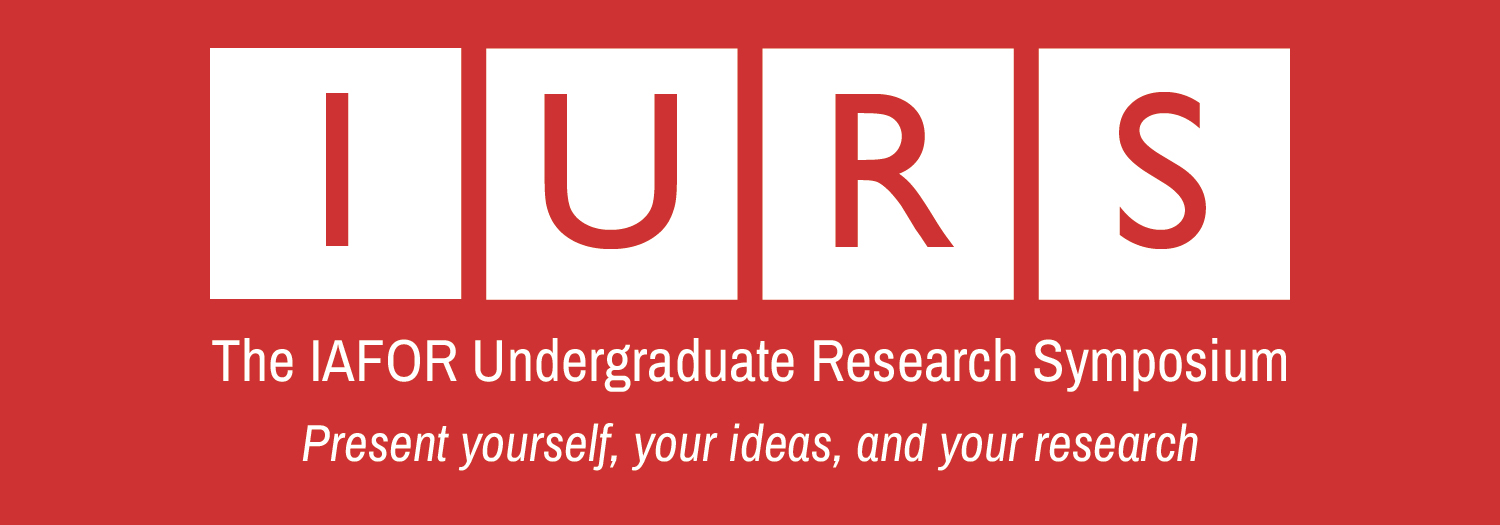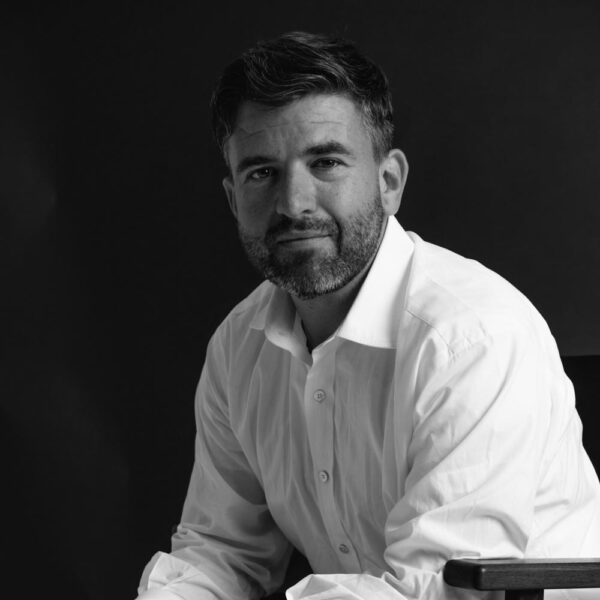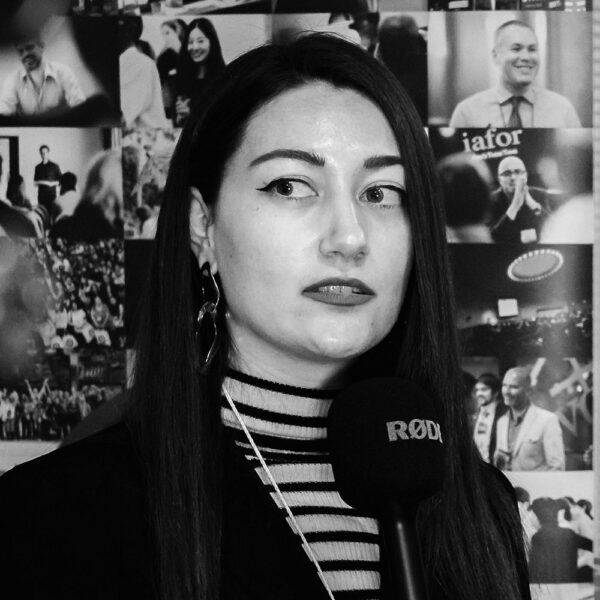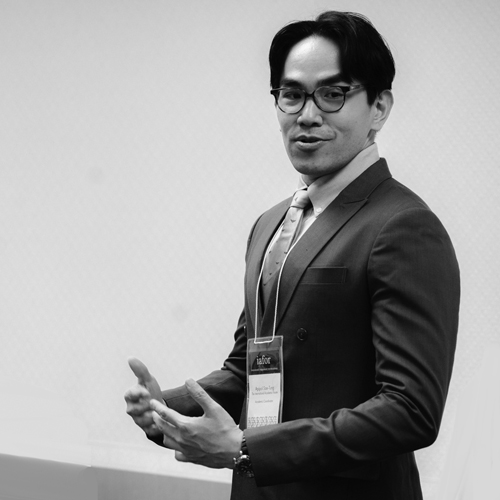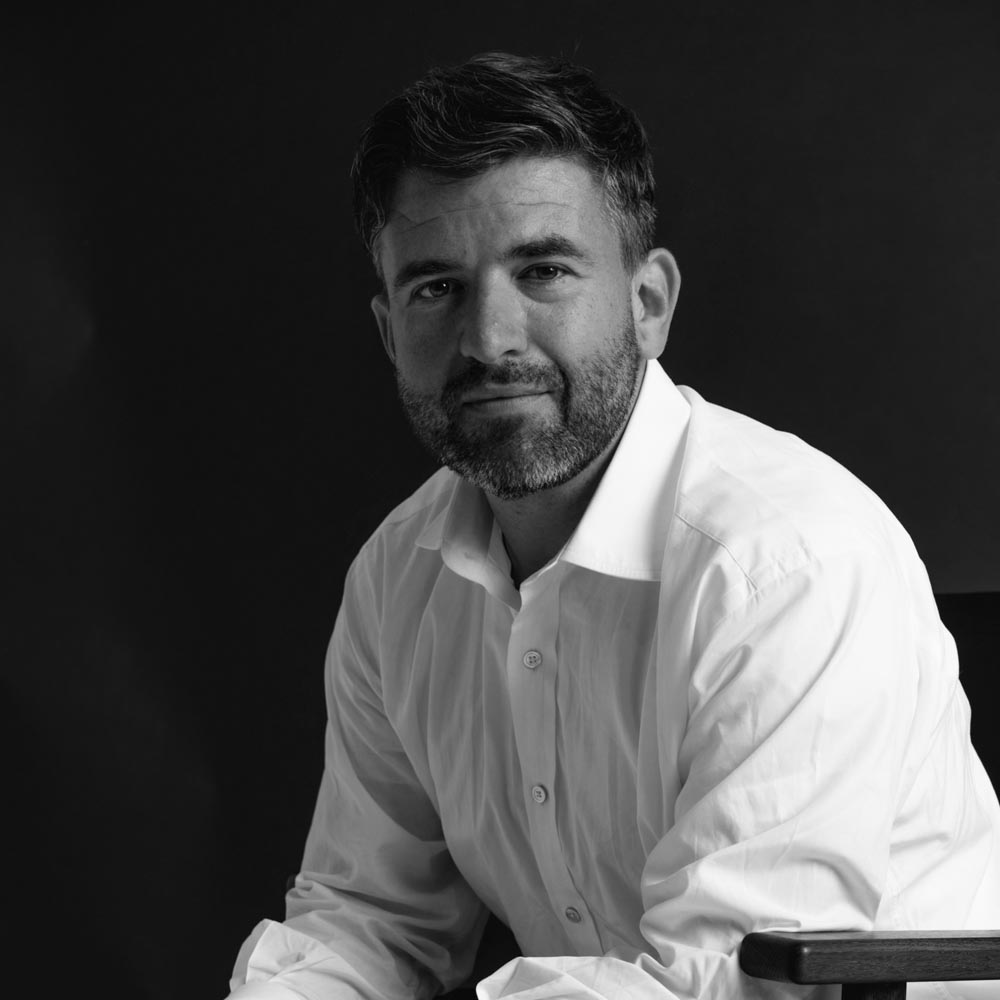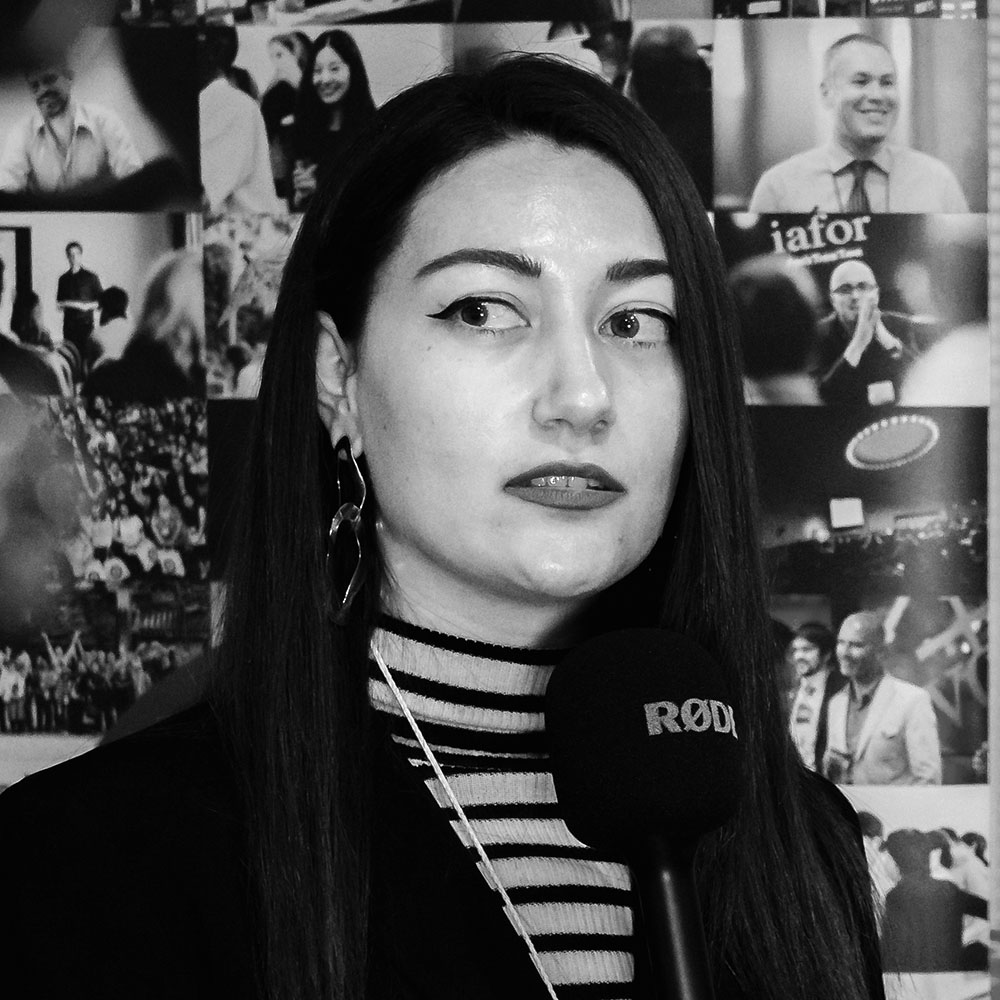
Join us in Tokyo for IURS!
The IAFOR Undergraduate Research Symposium 2024 in Tokyo
In conjunction with The 16th Asian Conference on Education (ACE2024)
- Attendees must attend both Online and Onsite sessions. The presentation session is onsite in Tokyo, Japan, on Tuesday, November 26, 2024.
- Symposium Dates:
Day 1 (Online): Saturday, November 2, 2024 (10:00 JST | UTC +9)
– See times on other time zones
Day 2 (Onsite in Tokyo): Tuesday, November 26, 2024 11:30-14:30 - Abstract Submission Deadline: Friday, August 30, 2024
- Registration Deadline: Friday, October 4, 2024
- Language Requirement: Participants are expected to participate and present in English.
Participants should have an Intermediate to Advanced EFL/ESL proficiency level.
Facilitators
Schedule
Attendees must attend both Online and Onsite sessions. The presentation session is onsite in Tokyo, Japan, on Tuesday, November 26, 2024.
All times are Japan Standard Time (UTC+9) - See times on other time zones
09:50-10:00 – Delegate Check-in
Login to the Zoom session.
10:00-10:15: Welcome Announcements and Introduction
10:15-10:45: Professional Development/Capacity Building Session 1
This session is aimed at students considering postgraduate study and a possible career in academia.
10:45-10:55: Break
10:55-11:20: Professional Development/Capacity Building Session 2
In this session, students have the chance to bring their own questions in small groups and discuss their own feelings about future career paths.
11:20-11:30: Break
11:30-12:00: Professional Development/Capacity Building Session 3
Students learn how to conduct themselves at conferences, during solo presentations, panels, and roundtables. How to ask and answer questions as well as how to deal with difficult situations and disagreements will also be covered.
12:00-12:30: Professional Development/Capacity Building Session 4
Roundtable Sessions
Students with research in similar fields engage in discussions based on themes decided by a session chair with knowledge of the relevant field.
12:30-12:40: Break
12:40-12:55: Professional Development/Capacity Building Session 5
This session will focus on the skills involved in communicating ideas publicly. Students will need to know how to effectively communicate their ideas in one-on-one scenarios and in small groups.
12:55-13:00: Closing Remarks
All times are Japan Standard Time (UTC+9)
All IURS Tokyo 2024 delegates are expected to be in Tokyo and ready to present on Tuesday, November 26, 2024.
Event Venue
Toshi Center Hotel
Address: Hirakawacho 2-4-1, Chiyoda Ku, Tokyo
Phone: +81 3-3265-8211
Access: https://ace.iafor.org/location/
Symposium Schedule
11:30-12:00 Student Participant Check-in | Subaru Room (5F)
12:00-12:10 Welcome from the IAFOR Chairman | Room 603 (6F)
Joseph Haldane, The International Academic Forum (IAFOR), Japan
12:10-12:30 Final Briefing Session | Room 603 (6F)
Grant Black, Chuo University, Japan
Vice President, The International Academic Forum (IAFOR), Japan
12:30-13:00 Poster Set Up and Practice | Orion Hall (5F)
13:00-14:00 Poster Presentation Session | Orion Hall (5F)
14:00-14:10 Concluding Remarks
What to Prepare
Participants must bring a physical copy of their poster presentation onsite.
We are unable to print the posters onsite.
It is recommended that participants use one of the following sizes for their posters:
- A1 size (594 mm wide by 841 mm high)
- B1 size (728 mm wide by 1030 mm high)
- A0 size (841 mm wide by 1189 mm high)
What to Wear
Delegates should prepare formal wear for their presentations.
This entails suits for men and a suit or suit dress for women.
Jeans, athletic shoes, sneakers, boots, and sandals are not permitted.
Important
- This symposium is for university students currently enrolling in an undergraduate programme only
- Please contact us if you have not received any participation details within 7 days before the Online Day set for each symposium
- A certificate will only be given if the participant attends both days
- Please bring your student ID to the onsite day
How to Participate
- Go to the online submission form
- The information you enter will be used for Letters of Acceptance, Certificates, and Listings on the website
- Submit your abstract (maximum 250 words)
- Your abstract will be reviewed and the results will be returned to you by Monday, September 16
- If your abstract is accepted you will be invited to register for the symposium
- Upon payment of the registration fee, you will receive a confirmation email containing your official receipt
Presentation Format
The presentation format at IURS is poster presentation only.
(Onsite) Poster Presentation
A poster presentation provides a relaxed presentation atmosphere in which the presenter uses a poster pinned to a poster board (1800 mm high by 900 mm wide) to illustrate their research. Presenters will often engage with interested participants on a one-to-one basis, providing excellent opportunities for networking, discussion and relationship building. The dimensions of the poster boards are fixed. Therefore, posters should be printed in portrait rather than landscape orientation.
Submit an Abstract
We encourage submissions that approach the following streams from a variety of perspectives.
- Architecture, Geography and Urban Studies
- Culture, Popular Culture and Cultural Studies
- Economics and Business Studies
- Education
- Ethics, Religion and Philosophy
- History, Anthropology and Archaeology
- Language, Literature, and Linguistics
- Media, Film and Communication Studies
- Political Science: Administration, Governance and Finance
- Psychology and the Behavioral Sciences
- Public Policy (including Health and Education)
- Science, Technology, Engineering & Math
- Sociology, Social Work and Social Concerns
- Sustainability: Ecology, Energy and the Environment
- Visual and Performing Arts
Register for the Symposium
To confirm your participation, please register by Friday, October 4, 2024. Registration fees are 5,000 JPY.
Registration fees are partially subsidised by the IAFOR Global Scholars Fund.
If you have any questions about registration please visit our FAQ page.
Registration Benefits
-
- Listed as a presenter in the Symposium Guide
- A Certificate of Presentation
- Print-quality PDF of the Symposium Guide
- Admission to all IURS sessions
- Admission to all parallel sessions of the Asian Conference on Education (ACE2024) in Tokyo.
- Ability to watch recordings of all connected conference sessions during and after the conference (catch-up)
Online credit card payments are securely handled by PayPal and Stripe.
We accept the following payment methods:
*You will be redirected to the IAFOR online store
